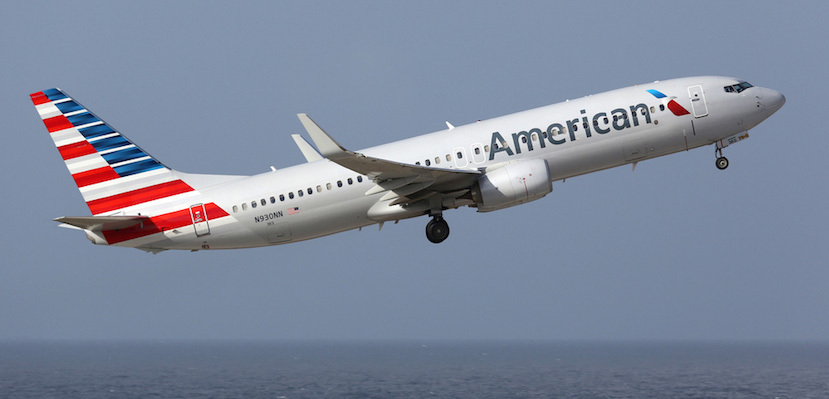
You might also like:
As frequent flyers, it can be easy to think that you’re being misled by airlines and their frequent flyer programs. And a couple of years ago, a congressman from Florida, Alan Grayson, felt the same, prompting the Inspector General of the Department of Transportation to take a deeper look. Now, we have access to the DOT’s findings in its investigation into airlines’ frequent flyer programs.
The DOT reviewed the frequent flyer programs of Virgin America, Delta Air Lines and American Airlines and found no evidence of violations regarding the carriers’ frequent flyer programs. During the course of its investigation from 2012 to 2014, consumers filed 76 frequent flyer complaints with the DOT, however, analysts did not forward any of those complaints to its attorneys to further investigate.
It’s worth noting that the DOT considers a carrier’s “change to the terms and conditions of its frequent flyer program without reasonable notice to be an unfair or deceptive practice.” Yet, four of the complaints the agency received were related to potentially unfair or deceptive regarding changes to terms and conditions without reasonable notice and warranted additional review, but the DOT took no further action. The agency doesn’t specifically outline what it considers to be “reasonable notice,” but it does outline what it considers as an illegal unfair or deceptive practice as: “(1) how significant the change is, and (2) whether notice was given far enough in advance to allow the consumer to benefit from the program prior to the change.” However, its analysts use their own judgment to determine whether or not to initiate an investigation, so those lines are extremely blurry.
The DOT also analyzed award availability and found that the vast majority of flights reviewed had seats available for award redemptions. In its 2015 study of AA and Delta award availability, it found that of the 660 round-trip domestic flights and 11 dates selected:
- 99% of flights had award seats available at least at one redemption level
- 63% of flights had award seats available at the lowest redemption levels (20,000 or 25,000 miles for a round-trip)
- 13% of flights had award seats available at the lowest redemption level during the holiday week, a period of high demand.
Historically speaking, the DOT found that for calendar years 2010 through 2013, the average number of miles used to redeem an award on Delta increased from 22,000 to 24,636, and the average number of miles used on AA decreased from 22,987 to 22,782. However, information regarding redemption levels for specific routes or destinations was not available for comparison.
The report concluded by saying that the airlines have wide latitude with the terms of their frequent flyer programs, but the Inspector General said that the DOT could strengthen its oversight and be more proactive in determining whether airlines have engaged in unfair or deceptive practices. It says that improved oversight through training and rule-making will provide consumers with better protection when it comes to their frequent flyer programs. In order to improve oversight, the Inspector General has two recommendations for the DOT:
- Provide training to DOT analysts on what constitutes unfair or deceptive practices.
- Define what constitutes reasonable notice for consumers regarding changes to frequent flyer programs’ terms and conditions, and require airlines to provide such notice.
Source: thepointsguy.com
